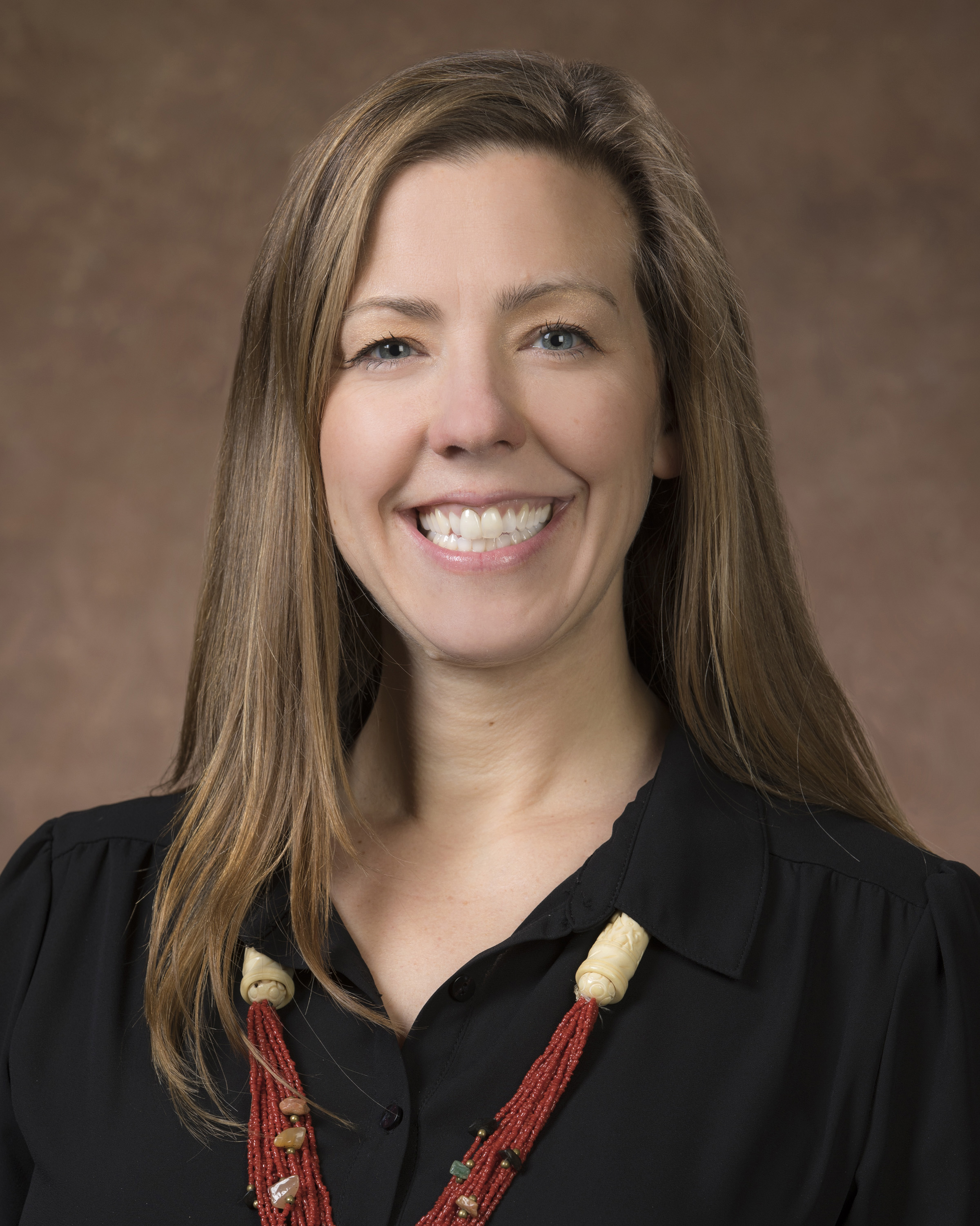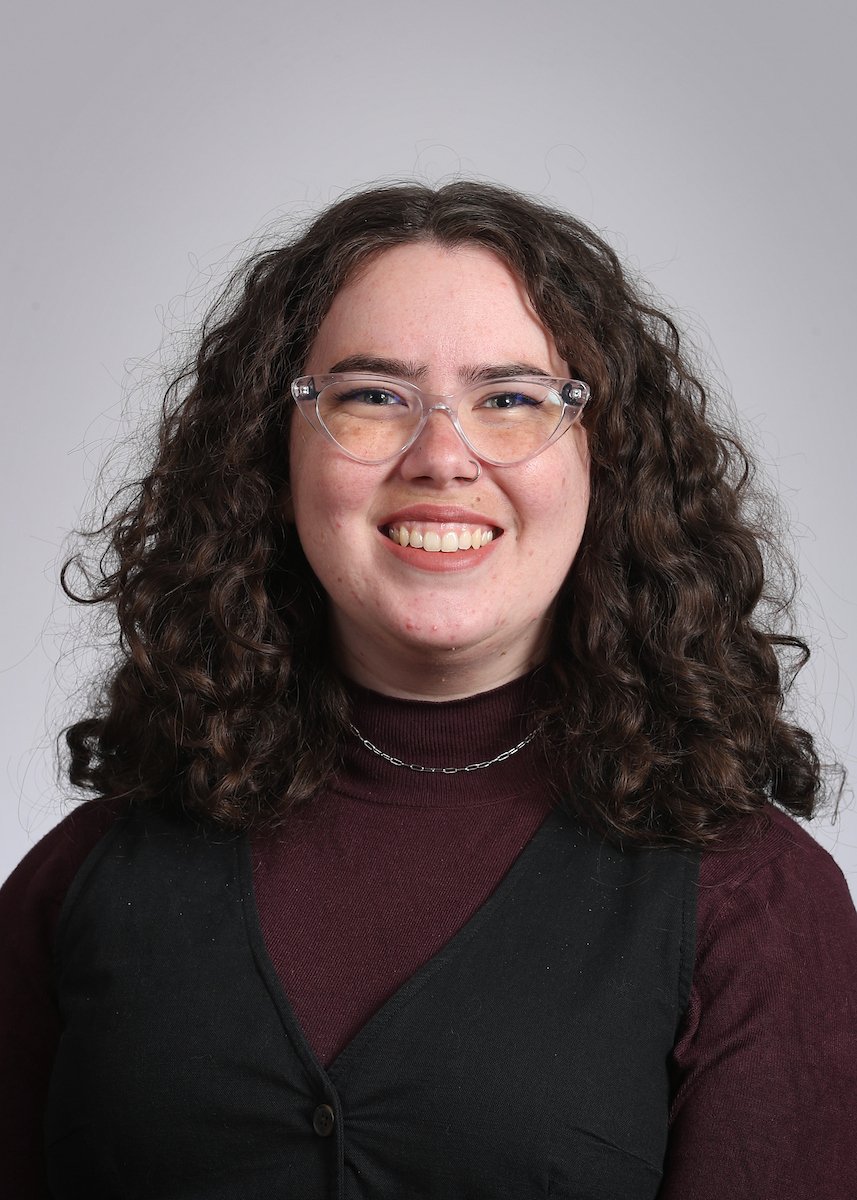About MHAT
The Oklahoma State University Center for Health Sciences Department of Psychiatry and Behavioral Sciences was awarded a five-year grant from SAMHSA to provide Mental Health Awareness Training within our community. Our focus is to better prepare first responders and other community members to recognize and respond to mental health and substance use challenges. We also emphasize the importance of taking care of one's own mental health and wellness, especially for those in helping professions who may experience moral injury and compassion fatigue.
We also encourage training participants to establish referral linkages by connecting individuals with community resources, such as psychiatric services, therapy, and peer support.
Meet our team!

Dr. Sara Coffey, DO
Dr. Sara Coffey is an Associate Clinical Professor and Chair of Psychiatry and Behavioral Sciences at OSU-CHS. Dr. Coffey completed her adult psychiatry residency at the University of Chicago and her child and adolescent psychiatry fellowship at the Cambridge Health Alliance, a Harvard Medical School Affiliate. Dr. Coffey served as a consultant to the Department of Mental Health in assistance with the implementation of Oklahoma Health Homes. In this line of work, Dr. Coffey served as an expert in collaborative care models and best practices of integration and collaboration. Dr. Coffey has also served on the executive team as the Director of Clinical Operations for the Oklahoma Department of Human Services, Division of Child Welfare. Dr. Coffey is currently the Medical Director for Statewide Psychiatry Access Resources and Knowledge (SPARK) Line and the Behavioral Health Medical Director for OSU's Health Access Network. Additionally, Dr. Coffey is the Lead of OSU's Help for the Healer ECHO and online program for the healing professions.

Emily McPherson, MPA
Emily McPherson is the project manager for the Mental Health Awareness Training (MHAT) grant held by the Department of Psychiatry and Behavioral Sciences at OSU-CHS, where she provides evidence-based trainings that equip first responders and other community members with the education needed to recognize and respond to mental health and substance use challenges. After completing degrees in political science, public administration, and psychology, Emily has spent her career researching substance use disorders, providing technical assistance to political subdivisions applying for opioid abatement grant funding, and translating research into actionable strategies for behavioral health systems.
